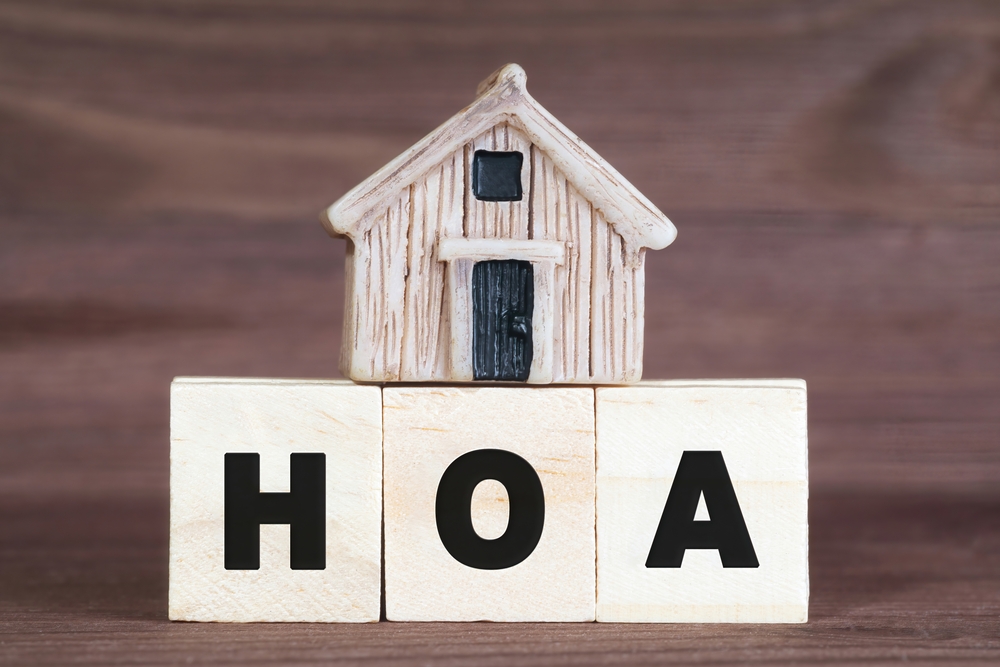
In any homeowners association (HOA), the board of directors plays a central role in making decisions that impact the entire community—from managing budgets and enforcing covenants to overseeing maintenance and approving major projects. These decisions are made during board meetings, which, in most cases, are open to all residents. Attending these meetings is one of the most effective ways for homeowners to stay informed, voice their opinions, and contribute to the health and direction of the community.
Yet, many residents are unsure of what to expect or how to prepare. Whether you’re a first-time attendee or a seasoned participant, the following tips will help you navigate board meetings with clarity, confidence, and respect for the process.
Most HOAs are legally required to provide advance notice of upcoming board meetings. This notice is typically posted on the association’s website, sent out via email, or physically posted in common areas. Residents are encouraged to read the notice carefully, which will include the meeting date, time, location (or login details for virtual meetings), and the agenda.
Board meetings generally follow a structured format, which may include:
Understanding this structure helps residents know when to expect opportunities for participation and when the board will be in decision-making mode.
Before the meeting, review the minutes from the previous session. Most HOAs make these available online or upon request once they’re approved. Reviewing past minutes will give you a clear picture of what was discussed, what decisions were made, and whether your concerns have already been addressed. It’s also a good way to identify trends or recurring issues in the community.
If you plan to address the board, consider writing down your questions or comments in advance. A written statement helps you stay on topic and ensures you articulate your point clearly within the time allotted. Additionally, submitting your remarks ahead of time gives the board and property manager an opportunity to prepare an informed response, especially if your issue requires background research or consultation with a vendor.
While not required, it’s a professional courtesy to let the property manager know that you intend to speak at the meeting. This allows them to schedule your participation appropriately and inform you if the meeting format has changed, if your topic has been added to the agenda, or if the meeting is rescheduled.
Board meetings typically cover a packed agenda, so most HOAs place time limits on homeowner comments—often five minutes or less per speaker. If your topic is complex, use the time to provide a high-level summary and ask that it be placed on the agenda for a future meeting. Staying within your allotted time ensures fairness and keeps the meeting moving efficiently for everyone involved.
Board members are obligated to deliberate as a group. While they may listen to concerns during the homeowner forum, it’s not always possible—or appropriate—for them to respond or make decisions on the spot. Often, concerns raised during the forum are taken under advisement and discussed later in the meeting or at a future session. Be patient and understand that thoughtful decision-making often takes time.
Many questions about ongoing projects, rules, or community maintenance can be answered more quickly and accurately by the property manager. If your concern is more informational than advisory—such as “What’s the timeline for the pool repair?” or “Can I see a copy of the current landscaping contract?”—contact the manager directly before the meeting. This helps streamline the board meeting and ensures your issue gets addressed promptly.
Board meetings are not the time or place for personal grievances or emotional outbursts. Keep your tone respectful and your comments constructive. If you disagree with a policy or decision, focus on presenting solutions or alternatives rather than criticizing individuals. Board members are volunteers who serve their communities in good faith, and maintaining mutual respect is key to effective governance.
The strength of any HOA lies in the engagement of its members. When more homeowners attend meetings, it promotes transparency, accountability, and shared responsibility. Invite your neighbors to join you—even just to observe. You can also take the initiative to share recaps or meeting outcomes with others in your community who may not be able to attend in person.
Most HOAs allocate time at the beginning of board meetings for the homeowner forum. This is your opportunity to share your perspective, ask questions, and highlight concerns. However, it’s important to remember that this portion of the meeting is typically not interactive. It’s a listening session for the board, not a debate. Board members may acknowledge your comments, but responses may be deferred until later.
If you plan to attend meetings regularly or hope to get more involved, take time to understand the governing documents that shape how your HOA operates. This includes the bylaws, declaration of covenants, and rules and regulations. Knowing the board’s authority and limitations will help you frame your concerns more effectively and ensure your expectations are aligned with what the board can legally and practically do.
Conclusion: Stay Informed, Stay Involved
Participating in HOA board meetings is one of the most meaningful ways homeowners can stay informed, hold leadership accountable, and contribute to a well-run community. By preparing ahead, communicating clearly, and respecting the process, you not only advocate for your own interests—you support a more transparent and responsive community.
If your HOA board could benefit from support in organizing meetings, managing homeowner communications, or handling community concerns, the team at Gordon James Realty is here to help. Our professional management services are designed to enhance governance and community engagement. Learn more about our HOA management services and contact us today to see how we can support your board.

Can condo owners install security cameras or doorbell cams? Learn how associations should handle cameras, privacy concerns, and common area restrictions.

Learn how attending board meetings and staying informed helps HOA homeowners foster transparency, improve governance, and build stronger communities.
We're proud to make partnering with us easy. Contact our team to connect with one of our industry experts and get started today.